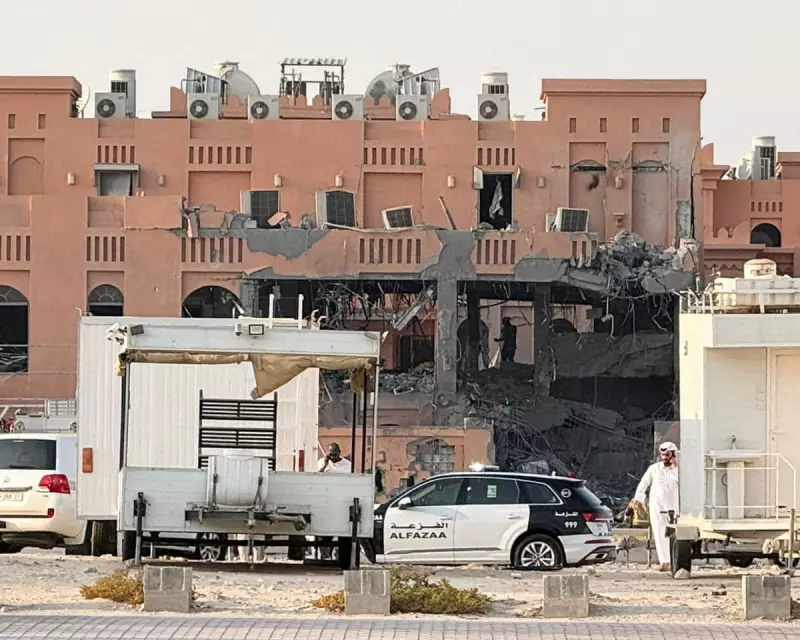
In an operation that has sent shockwaves through international diplomacy, Israel conducted a targeted strike on high-ranking Hamas officials within Qatar's borders, fundamentally challenging the Gulf's long-standing reliance on American security guarantees.
A Breach of Sovereign Territory
The audacious operation, occurring in a nation that has positioned itself as a neutral mediator, represents an unprecedented escalation in Israel's campaign against Hamas leadership. The strike targeted senior figures deep within Qatari territory, a move that experts describe as crossing previously unbreachable red lines in international relations.
Gulf States Question American Assurances
Qatar and neighbouring Gulf monarchies have expressed profound alarm, interpreting the strike as a catastrophic failure of US security assurances. For decades, these nations have operated under the presumption that American diplomatic influence would prevent such violations of their sovereignty.
"This changes everything," a senior Gulf official told The Guardian. "If Qatar isn't safe, with all its US ties and military bases, then none of us are protected."
Regional Implications and Shifting Alliances
The assassination has triggered urgent security reassessments across the region, with several Gulf states reportedly questioning their reliance on Western security partnerships. The incident threatens to:
- Undermine Qatar's delicate mediating role in the Gaza conflict
- Accelerate regional military independence initiatives
- Strengthen alternative security partnerships with China and Russia
- Complicate US military operations throughout the Middle East
Diplomatic Fallout and Future Relations
Qatari officials have conveyed their outrage through diplomatic channels, while maintaining their commitment to mediation efforts. However, the breach of trust may have permanent consequences for Middle Eastern diplomacy and America's standing as the region's primary security guarantor.
The incident represents a pivotal moment in Middle Eastern politics, potentially marking the end of an era where Gulf states could rely on American protection to maintain their security and diplomatic independence.





